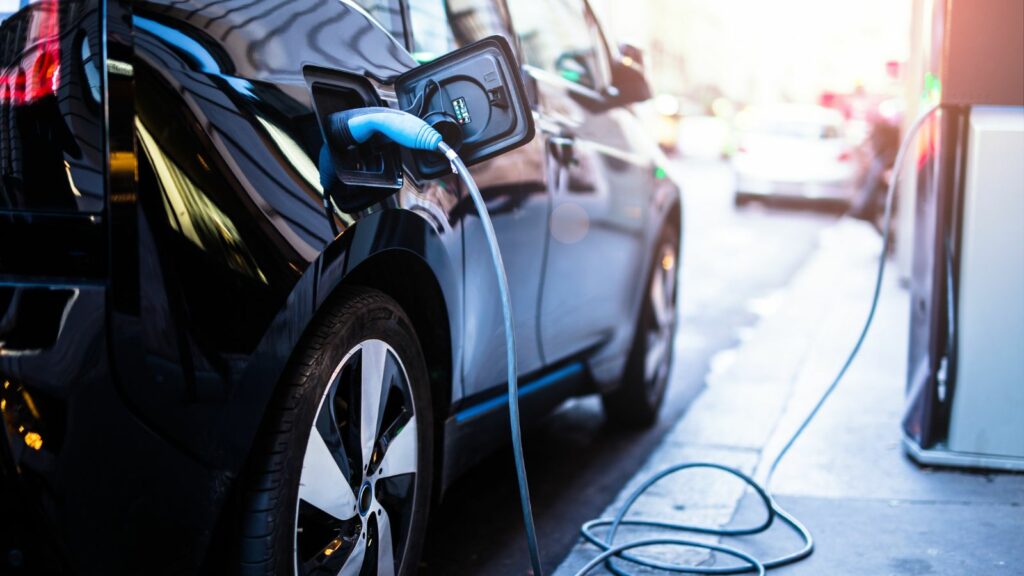Electric vehicles have surged in popularity as drivers look for cleaner alternatives to traditional gasoline cars. One of the biggest selling points from automakers is that EVs are not only efficient to run but also easier and cheaper to maintain. On the surface this seems true, but the full picture is more complex. Some costs are lower, others are hidden, and a few repairs can be far more expensive than their gas powered counterparts.
Fewer Moving Parts Mean Fewer Repairs
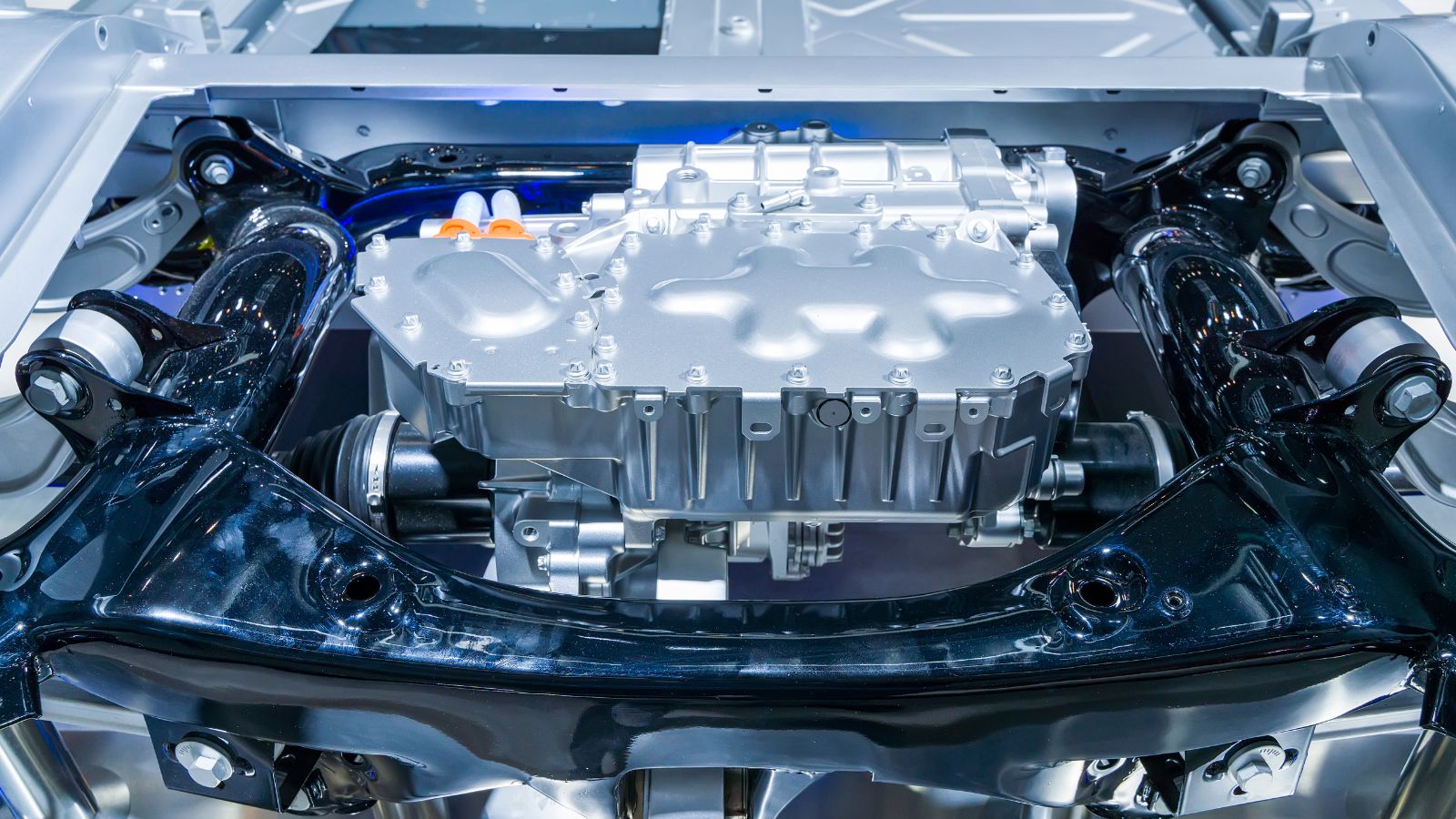
One of the most obvious advantages of EVs is their simplicity. A traditional gas powered engine has hundreds of moving parts—pistons, valves, belts, fuel pumps, and exhaust components—all of which can fail. EV drivetrains are built around electric motors with far fewer parts. No oil changes, no spark plugs, no timing belts, and no exhaust systems to worry about. This reduction in complexity directly translates into fewer routine repairs and fewer chances for breakdowns.
Lower Routine Maintenance Costs

Because EVs do not burn fuel, owners never have to schedule oil changes or replace filters associated with combustion. Brakes also last much longer thanks to regenerative braking, which uses the electric motor to slow the car and recharge the battery. Tire rotations, cabin air filters, and fluid checks are about the only regular services most EVs need. Compared to a gas powered car that requires regular oil changes, transmission service, and cooling system maintenance, EVs are usually cheaper on a year to year basis.
Expensive Repairs Can Offset Savings
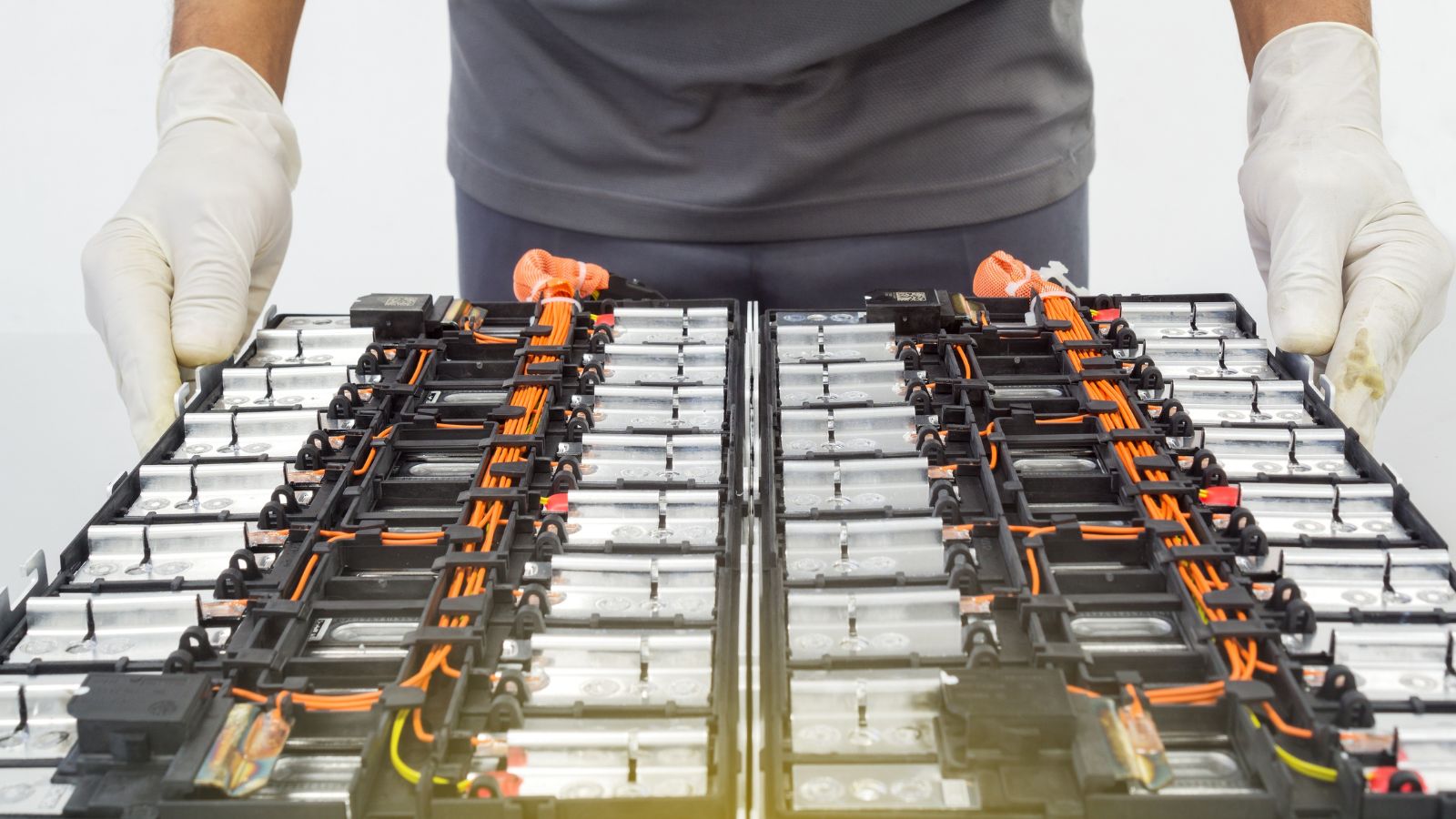
The catch comes when things do go wrong. EVs use massive high voltage battery packs that are extremely expensive to replace if they fail outside of warranty. A new pack can cost between $8,000 and $15,000, and while most are designed to last over a decade, even minor damage can lead to costly repairs. Components like inverters and onboard chargers are also more expensive than typical gas powered parts, meaning rare failures come with big bills.
Specialized Labor and Equipment

Not every mechanic can work on an EV. High voltage systems require special training and certification, and most repairs are limited to dealership or specialist service centers. This can mean higher labor costs and fewer options compared to the wide availability of mechanics who work on gas powered cars. In some areas, this lack of competition drives up repair costs even further.
Tire Wear and Hidden Costs
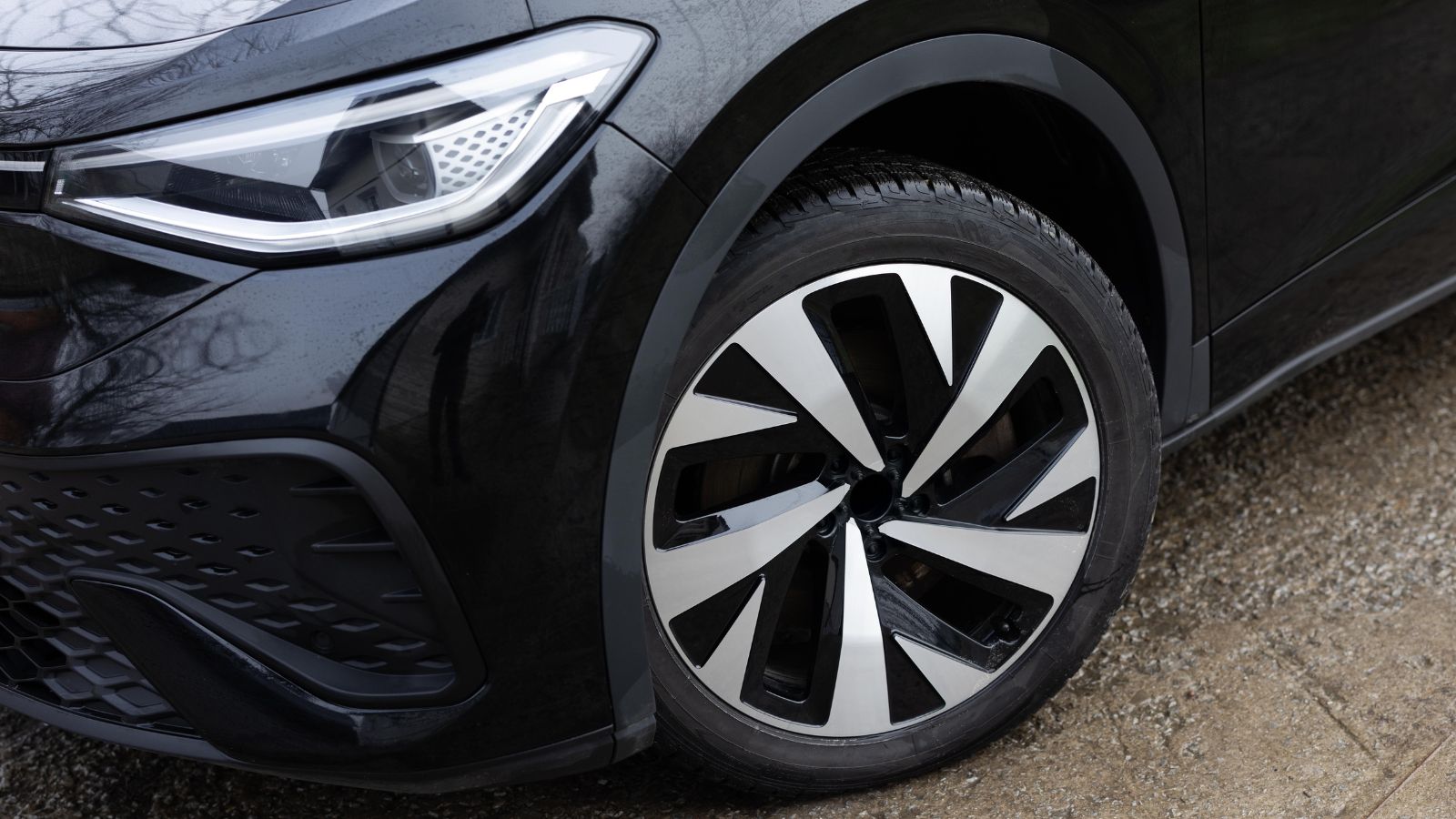
EVs are heavier than comparable gas vehicles due to their large battery packs. That added weight, combined with instant torque, means tires wear out faster. Replacing a set of EV rated tires can cost $1,000 or more, often sooner than expected. Insurance premiums for EVs are also higher in many markets, driven by expensive parts and limited repair networks, which offsets some of the savings from reduced maintenance.
Software and Technology Considerations

Modern EVs are as much computers as they are cars. While over the air updates can add features and fix bugs, software glitches and electronics failures can lead to service visits. Replacing large infotainment screens or advanced driver assistance sensors is often far pricier than equivalent fixes on gas powered cars.
The Overall Picture
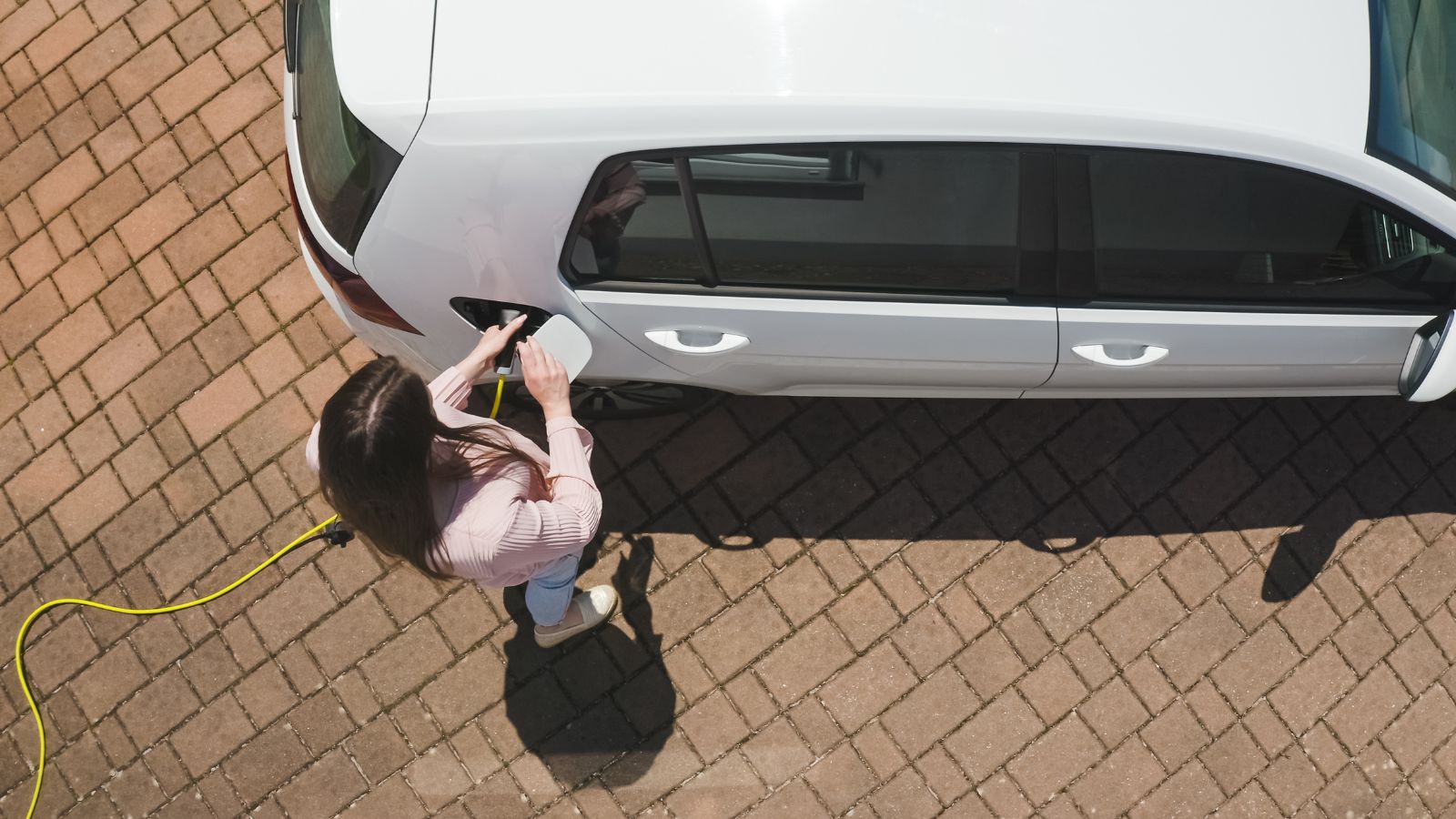
In general, EVs are easier and cheaper to maintain for routine ownership. Oil changes, spark plugs, belts, and exhaust issues are gone, and brakes last significantly longer. For the average driver this translates into hundreds of dollars in savings each year. However, when things break outside of warranty, the costs can skyrocket quickly. Battery packs, electronics, and specialized labor make some EV repairs far more expensive than anything you would face on a gas powered car.
25 Facts About Car Loans That Most Drivers Don’t Realize

Car loans are one of the most common ways people fund car purchases. Like any other kind of loan, car loans can have certain features that can be regarded as an advantage or a disadvantage to the borrower. Understanding all essential facts about car loans and how they work to ensure that you get the best deal for your financial situation is essential. Here are 25 shocking facts about car loans that most drivers don’t realize:
25 Facts About Car Loans That Most Drivers Don’t Realize
